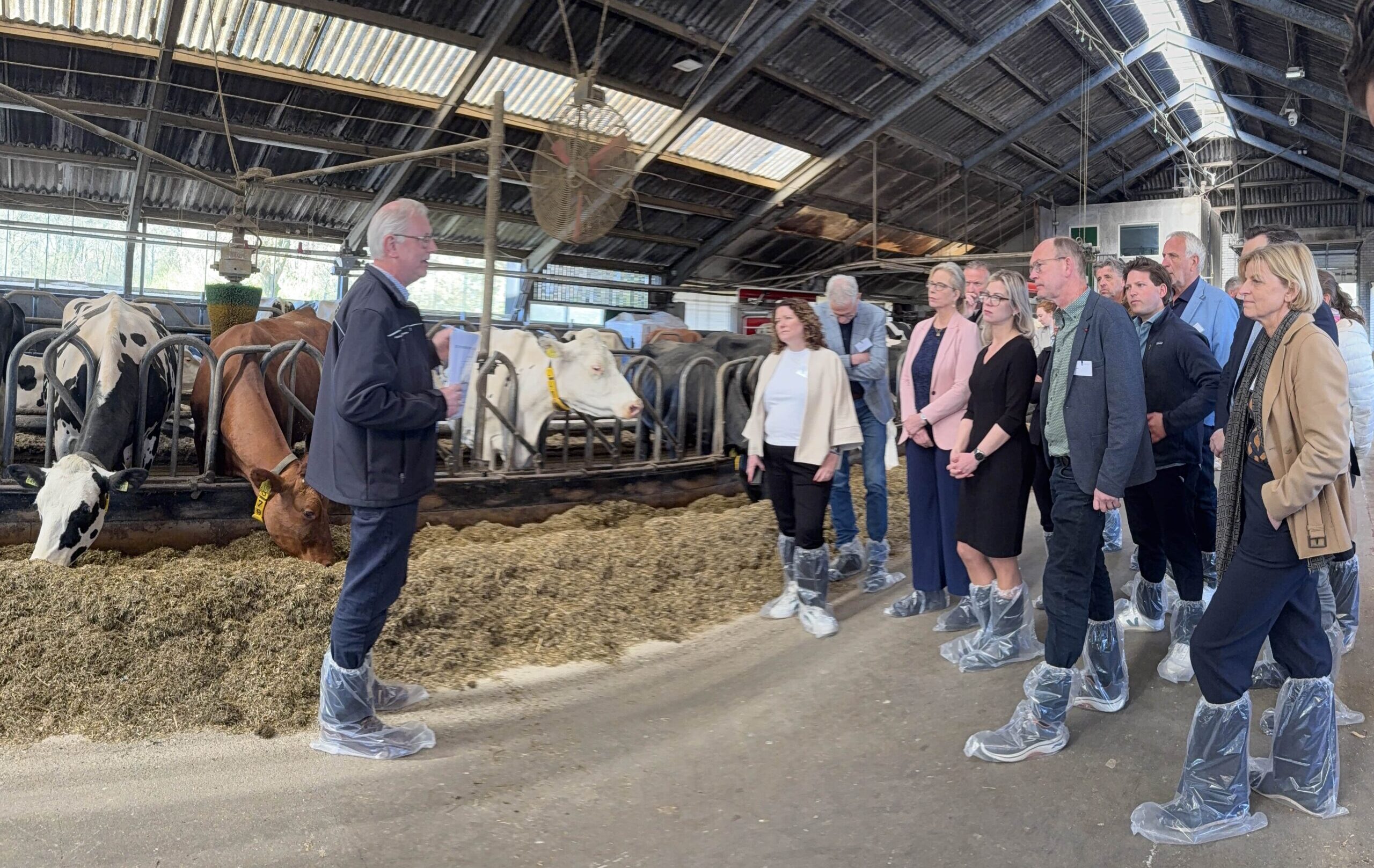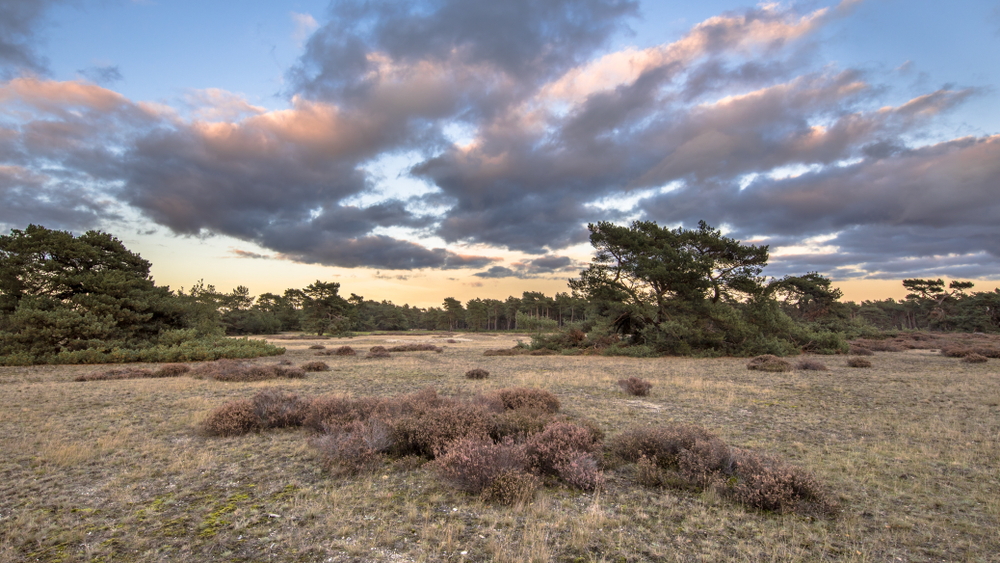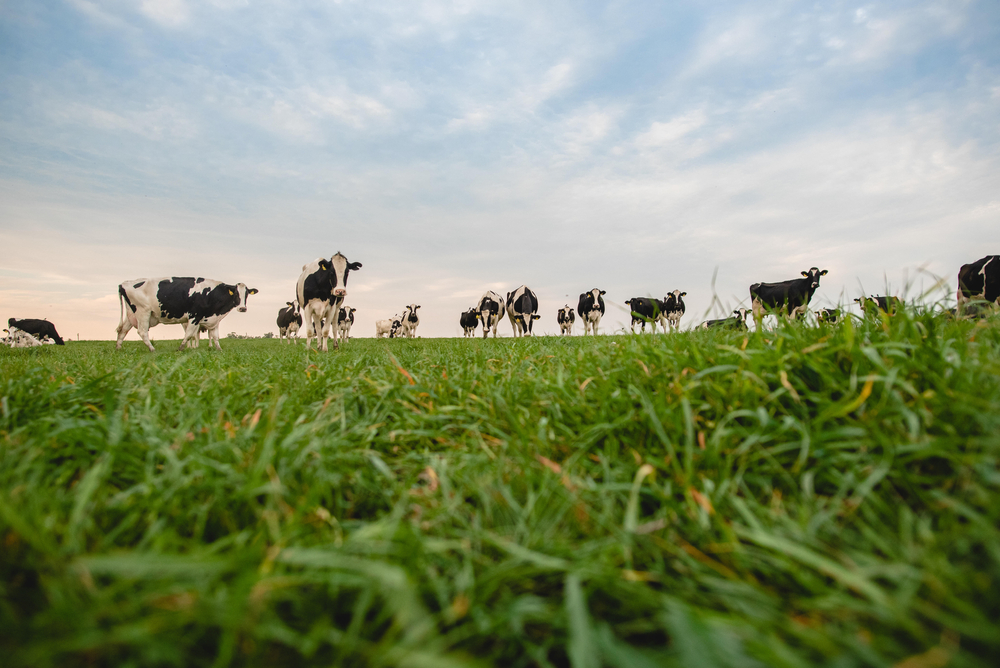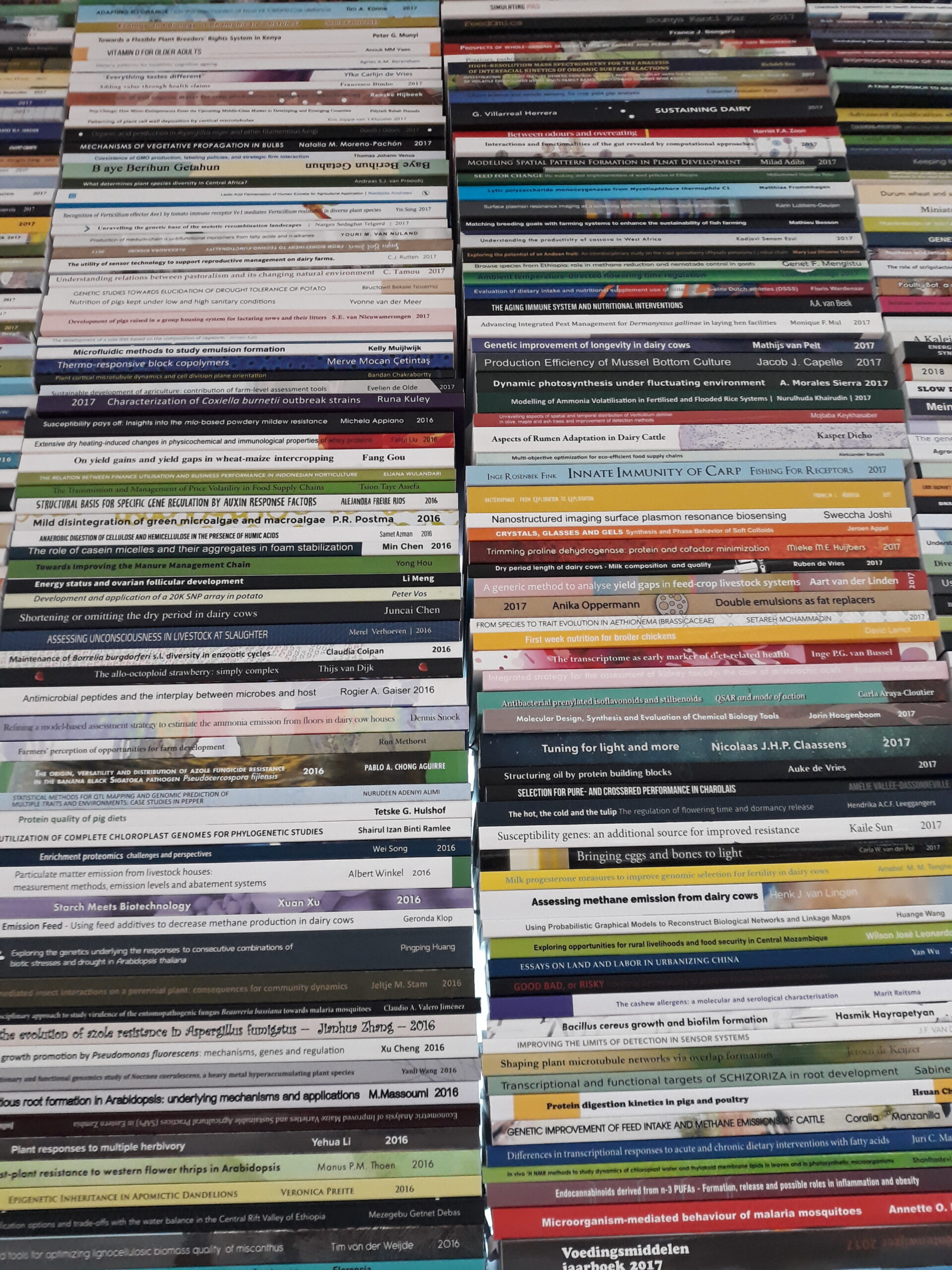Minister of Agriculture Femke Wiersma and a near complete Parliamentary Committee for Agriculture, Fisheries, Food Security and Nature (Dutch acronym LVVN) visited Agro Innovation Centre De Marke yesterday. The minister said this was the first joint field trip since her installation.
The visit to De Marke was initiated by the committee vice-president Thom van Campen (VVD), who invited the minister to see the research conducted at De Marke first-hand since it is highly relevant to the nitrogen issues, among others. She answered the call and took it one step further by including the entire Parliamentary Committee.
Sensor systems
And thus, a large delegation from The Hague stood in the individual stall barn at De Marke on Monday. De Marke is a dairy farm with 80 head of dairy cows, 40 head of young cattle and a milk production of 800 thousand kilograms per year. The researchers and practitioners explained how insights obtained through research are translated into business operations and vice versa. They also discussed the sensor systems which measure ammonia, methane and CO2 emissions from barns, for which De Marke serves as a testing location at the behest of LVVN, and to what extent this offers a legal basis for the granting of permits.
The most enthusiasm-inspiring were the presentations on the so-called Marke model and the Achterhoek approach to circular agriculture and their contributions to goal steering. ‘Goal steering is already the word of the year, ’ a member of the delegation jokingly stated. Within these regional partnerships, farmers and other stakeholders search for management tools that make it worthwhile for farmers to achieve their nature and environmental goals in a way that is practical and rewarding from a business perspective, without requiring significant subsidies.
Footing the bill
One school of thought suggests that dairy farmers who meet the water quality and ammonia emission standards should be permitted, under certain conditions, to use animal manure rather than artificial fertilisers to enrich their grasslands. This reduces the cost of disposing of their manure, which easily runs up to tens of thousands of euros per year per business and saves them from having to buy artificial fertilisers. This would not require any financial support from the government while providing the farmer with considerable financial incentives.
There is a caveat: the legal foundation. European manure rules stand in the way. Europe retracted the derogation exception for the Netherlands last year, which means Dutch farmers must now abide by stricter rules. Van Campen suggested that the Minister may be able to convince Brussels to make an exception for the Achterhoek idea, as this approach only allows farmers who are already successfully reducing their phosphate production to use their manure on meadows. After all, Brussels retracted the exception for derogation in order to force the Netherlands to lower the production of phosphate, which is precisely what this method aims to achieve.
Indispensable role
The minister called the Achterhoek ideas ‘inspiring’ and went on to say: ‘I believe we have seen many things today that I can include in the efforts of the House of Representatives to achieve a futureproof agricultural sector.’ She commended the role of De Marke as a testing location. ‘Indispensable in the full palette from practice to policy.’
Hence, there was no need for WUR president Sjoukje Heimovaara -who carried a bag with “don’t do it” printed on it in large letters – to reiterate De Marke’s importance. She added that WUR has several such locations where practitioners and researchers find solutions together throughout the Netherlands. The minister visited the Farm of the Future in Lelystad last week. But, she underscored, there is significant pressure on these locations.
Budget cuts
Representative Laura Bromet (GroenLinks-PvdA) responded by asking about the effects of the budget cuts. These cuts are a major blow to education and the development of new knowledge, she said. ‘With regard to applied research, the budgets for the knowledge base, on which we build knowledge to serve the sector, are continuously reduced, well below our neighbours’ knowledge base. But the budgets for the generation of new ideas and curiosity-driven research are reduced at an even greater speed. So, thank you for the question; it is really very concerning.’

 Researcher Gertjan Hilhorst discusses the value of low-protein feed in reducing nitrogen emissions. The minister in the centre, WUR president Heimovaara on the right. Photo Resource.
Researcher Gertjan Hilhorst discusses the value of low-protein feed in reducing nitrogen emissions. The minister in the centre, WUR president Heimovaara on the right. Photo Resource. 

